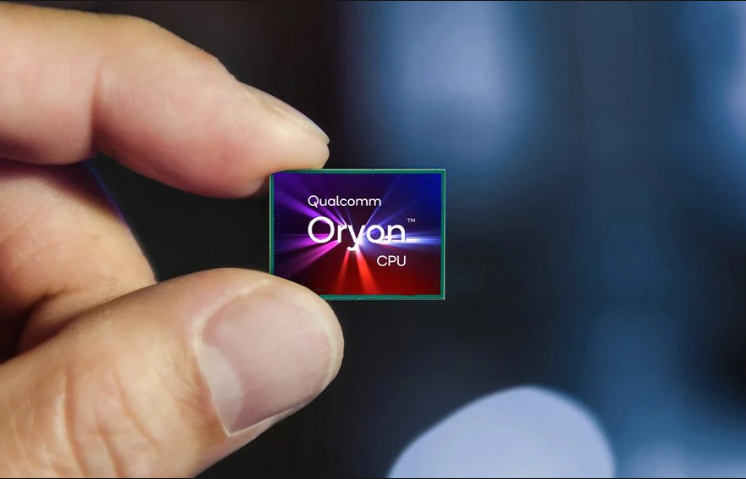Even the Windows ARM world is moving to abandon 32-bit support: during the Build 2023 conference, which is about to end right now, Microsoft confirmed that “support for 32-bit apps will be removed in a future version of Windows 11”. Colleagues at Windows Central also reported a rumor that the next version of Windows, whose tentative/internal name for now is Windows 12, will also support 64-bit software.
Similar rumors circulate in the hardware world, regarding the Oryon custom processors that we will find on board one of the next top-of-the-range Qualcomm chips in the pipeline in 2024. Recall that it will be the first generation of CPUs designed by Nuvia, a company acquired by Qualcomm a few years ago. A historic departure from Arm (seasoned with a nice legal diatribe, which never hurts) with the aim of further optimizing performance and functionality.
It is possible that the new CPU will already arrive on the Snapdragon 8 Gen 4 (and its variant for 8cx laptops): according to rumors, the 8 Gen 3 will arrive earlier than usual – it will take the place of the “Plus” refresh of the Gen 2, generally presented in the summer. Assuming that this is true (and it is very plausible because Qualcomm would align itself with the update cycle of Apple’s chips for iPhone, we can predict the return to an annual release cadence, which coincides with rumors and forecasts according to which, as we said above, chips with Nuvia CPUs will arrive on the market during the next year.
Intel announced a similar initiative just a few days ago with the x86-S architecture. There are many advantages to focusing only on 64-bit: support for older instruction sets takes up physical space in the processor, which remains in fact little exploited in the name of compatibility that now makes little sense. For years, developers have been widely encouraged – in some cases practically obliged: the App Store has not accepted 32-bit apps for years now, and the same goes for Google, even if it came a little later – to focus on 64-bit, and even in the case of very particular and specific software, emulation and virtualization can make up for it more than adequately.

